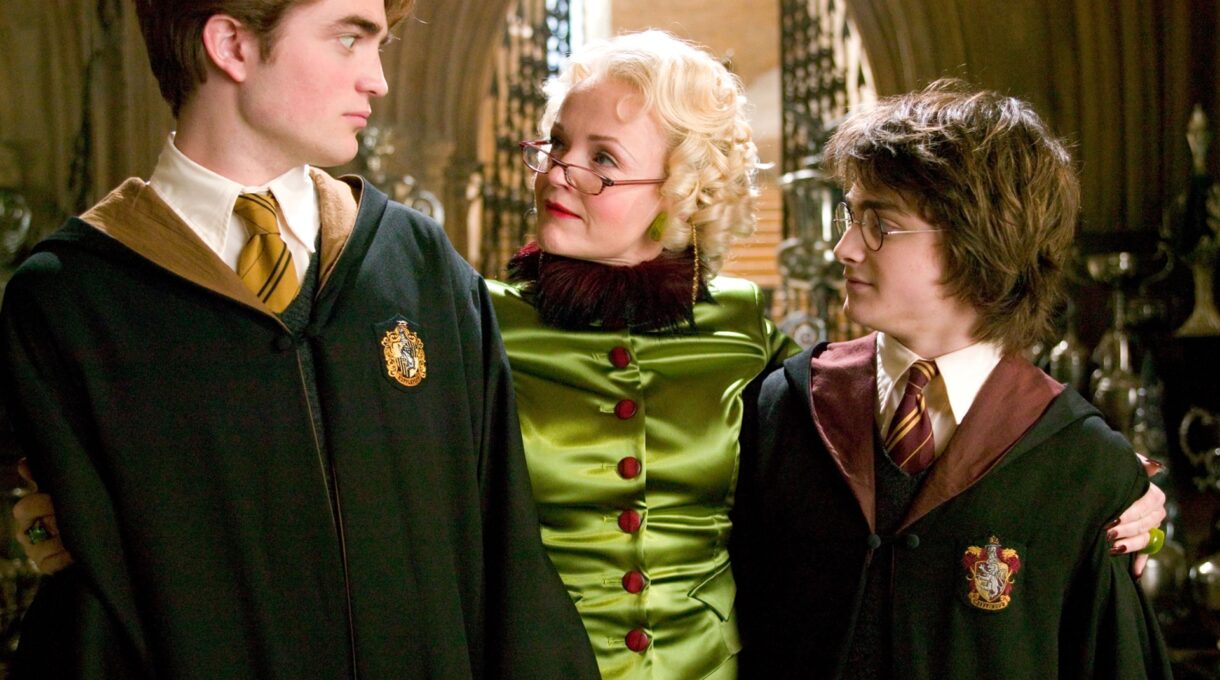Harry Potter has been hailed as a groundbreaking work of feminist literature for many reasons. At its core, the series tells the story of a young girl, Hermione Granger, who defies gender stereotypes and becomes a powerful force for good in the wizarding world.
One of the main arguments in favor of the series being feminist is the portrayal of Hermione. Throughout the books, she is intelligent, brave, and determined, proving herself to be just as capable as her male counterparts, Harry and Ron. She is also unafraid to speak her mind and stand up for what she believes in, even when it goes against the expectations of those around her.
Additionally, the series features several strong female characters who play important roles in the story. These include characters such as Ginny Weasley, who becomes a skilled and powerful witch in her own right, and Professor Minerva McGonagall, who is the head of Gryffindor house and a key player in the battle against Voldemort.
Furthermore, the series challenges traditional gender roles by depicting men in positions of care and nurturing. For example, Professor Dumbledore is a wise and compassionate leader, while Ron’s father, Arthur Weasley, is a loving and supportive parent. This subverts the stereotype of men as aggressive and unemotional, and shows that men can be just as nurturing and caring as women.
On the other hand, some critics argue that the series is not as feminist as it may seem. For example, the main trio of characters, Harry, Ron, and Hermione, are all white and heterosexual, which some argue reinforces the notion that only white, straight people can be heroes. Additionally, the series does not pass the Bechdel test, as many of the conversations between female characters revolve around the male characters.
Despite these criticisms, Harry Potter remains a groundbreaking work of feminist literature. Its portrayal of strong, complex female characters challenges gender stereotypes and encourages young readers to reject traditional gender roles. It also provides a much-needed counterpoint to the often male-dominated world of fantasy literature. Overall, the series is a powerful reminder that women can be just as brave, intelligent, and capable as men.
